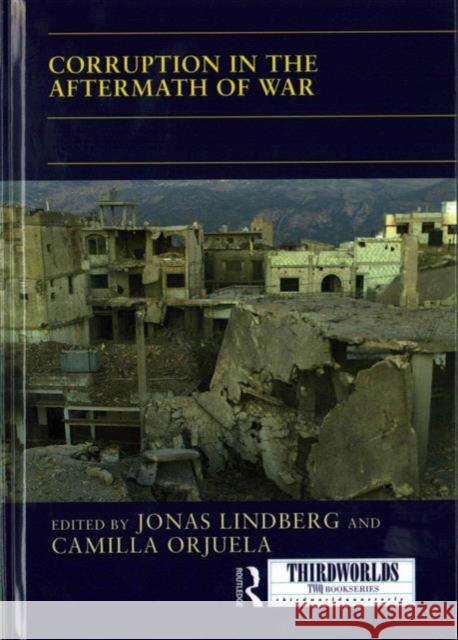Corruption in the Aftermath of War » książka
topmenu
Corruption in the Aftermath of War
ISBN-13: 9781138100022 / Angielski / Twarda / 2015 / 188 str.
Corruption in the Aftermath of War
ISBN-13: 9781138100022 / Angielski / Twarda / 2015 / 188 str.
cena 701,49
(netto: 668,09 VAT: 5%)
Najniższa cena z 30 dni: 654,86
(netto: 668,09 VAT: 5%)
Najniższa cena z 30 dni: 654,86
Termin realizacji zamówienia:
ok. 22 dni roboczych
Dostawa w 2026 r.
ok. 22 dni roboczych
Dostawa w 2026 r.
Darmowa dostawa!
"The chapters in this book were originally published in Third World Quarterly, volume 35, issue 5 (June 2014)"--Page ix.











